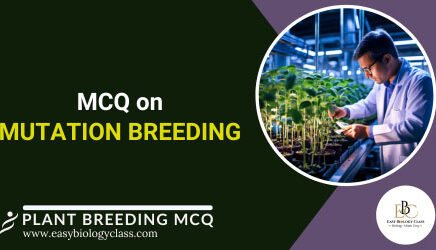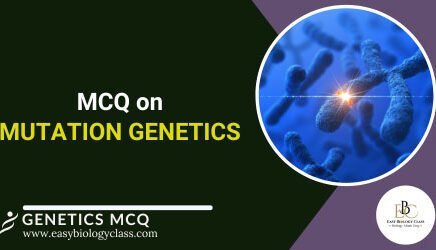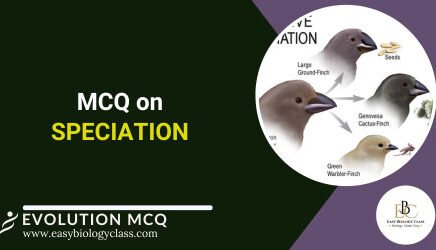
Botany MCQ for NEET Exam with Answers (PDF)
Botany forms a significant part of the NEET exam, contributing to approximately 45% of the Biology section. Questions often focus on topics such as plant […]

Botany forms a significant part of the NEET exam, contributing to approximately 45% of the Biology section. Questions often focus on topics such as plant […]

Preparing for competitive exams that feature Botany can be challenging due to the vast scope of the subject. Mastering multiple-choice questions (MCQs) in Botany requires […]

Mutation Breeding is the process of using physical or chemical mutagens to induce mutations in plants or other organisms to create new genetic variations. This […]

Mutation genetics is the study of changes in the genetic material of organisms, particularly the mechanisms, types, and effects of mutations on DNA. Mutations can […]

Speciation is the evolutionary process through which new biological species arise. It occurs when populations of a species become reproductively isolated from each other, leading […]

Role of Mutation in Evolution: Mutations are changes in the DNA sequence that serve as the primary source of genetic variation within populations. This variation […]

The Geological Time Scale (GTS) is crucial for understanding the origin and evolution of life on Earth. It provides a framework for identifying when various […]

The Geological Time Scale (GTS) is a system used by geologists and paleontologists to describe the timing and relationships of events that have occurred throughout […]
Molecular Mechanism of Mutation refers to the biochemical processes that lead to alterations in the DNA sequence. These mutations can arise from errors during DNA […]